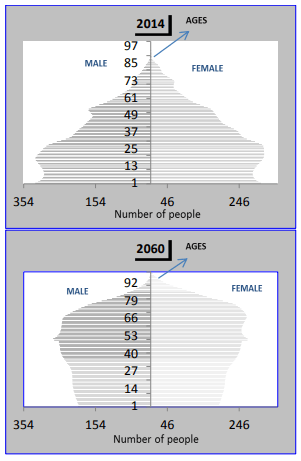First Principles Thinking Offers a Helping Hand to the Homeless Elderly in Tangier, Morocco

Photo by Mika on Unsplash
The Covid-19 pandemic has served as a reminder of the challenges faced not only by Morocco’s aging population but Moroccan society as a whole. This article addresses the issue of the country’s homeless senior citizens who struggle to survive on their own in the absence of proper support from their families or government programs. By drawing on my own experiences in the country and my knowledge of first principles thinking, this article aims to take a preliminary step in the search for solutions to this increasingly relevant challenge.
Keywords: first principles thinking, Morocco, social work
Introduction and objective
Morocco, like most African countries, has a society that enjoys collectivist thought and holds a set of values based on North African culture and oftentimes religion. The main premise of it all is that people take care of one another in a community. This especially applies to the elderly, who generally hold a certain status and respect in their communities. During my travels in the African country I noticed numerous seniors on the streets begging for money. This was a continued occurrence in the major cities that I have visited, meaning that there is indeed a problem that is not being addressed. I believe that diving deeper into this matter could be of benefit to those impoverished elderly that have been neglected by both Moroccan society and government. In this article, I draw on my own experiences in Morocco to examine how first principles thinking could be used to overcome the challenge of homelessness among Tangier’s senior population.
This article follows the first principles thinking process as outlined by the Factory for Innovative Policy Solutions’ manual on first principles thinking (Verkerk & Grass, 2019). Therefore, having identified my objective, I will continue by first listing the obstacles that could prevent me from achieving it and then questioning my assumptions about those obstacles. Next, I will use my own experiences and prior knowledge about Morocco to uncover certain first principles on which to start building actionable solutions. At this point, it is important to note that in order to uncover true first principles, which must be scientifically supported facts, more empirical research on Morocco’s elderly population would have to be conducted. For this reason, what follows is an exploratory work whose aim is to uncover a possible path for future developments in this area.
Listing the obstacles
The following obstacles come into mind:
- Lack of nursing homes or residences for senior citizens
- Lack of funding for essentials such as food, clothes and medical aid
- Lack of resources for sustainable projects directed at the elderly
- Logistic difficulty of locating and collecting the elderly off the streets
Questioning my assumptions
- Has Morocco become more of an individualist society?
- Do families reject the elderly because they are poor themselves?
- Are the elderly people begging on the streets of Tangier really homeless?
- Does the local government already help the homeless elderly?
- Is there no money to create senior citizen homes?
Uncovering the first principles
Regarding the question of whether Morocco has become more individualistic in a societal sense, I have to disagree. While it may seem that people do not feel any collective responsibility towards the elderly on the streets, I do not think it is because of selfishness or a lack of empathy. I believe that poverty in general makes people less generous than they would otherwise be, numbing the sense of duty towards others so that they can keep the small bits of resources that they have for themselves. On the other hand, however, I noticed through my travels that these elderly people do not tend to sit in any area that has been designated for the rich. This is mainly because security guards chase them away.
Continuing on that thought, families in financial problems usually do not kick their parents out of the house. In fact, about 96% of the country’s elderly population reportedly live with their families (El Masaiti, n.d.). That being said, there have nevertheless been instances in which having one more mouth to feed or taking care of a dependent elder could result in families rejecting them. Rather than taking care of them, the families invest whatever money they have in their children. This results in older people having to fend for themselves, living off whatever retirement money they are entitled to. Another problem is that some elderly leave on their own accord in order not to burden their children. This can also be seen in elderly people who choose to be admitted to nursing homes in the West. That kind of luxury, however, is only reserved for the affluent.
There is also the question of whether the elderly on the streets are actually homeless or just beg to supplement their small pensions, even though begging is considered a criminal offence in Morocco and can result in up to six months of imprisonment (Alternative Africa, 2019). According to a World Bank report, only 10% of the elderly over the age of 60 receive a pension in Morocco. The same report states that the elderly population is predicted to grow rapidly by the year 2060, which will inevitably put a considerable burden on the country’s already strained social security system (Angel-Urdinola et al., 2015). Figure 1 projects Morocco’s age demographics for the coming decades. Unfortunately there is little available data on elderly homelessness in Tangiers, so I will have to rely on my own empirical observations as evidence that it exists and will only worsen due to the aging population.
In the past, homeless shelters were not as widespread in Morocco as they may have been in many Western cities. However, since the outbreak of the Covid-19 pandemic, several shelters have been built around the country (Gianaris, 2020). Tangier has been no exception, as similar shelters can now be found there as well. This goes to show that, although the Moroccan government is making progress in assisting its homeless population, many of the advances in this area are only recent developments.
With respect to the question of there being enough money to create senior citizen homes, I would say yes. If so many homeless shelters have been built in such a relatively short period of time to battle Covid-19, surely the necessary funds do exist. Therefore, the issue is a matter of prioritising these funds to set up projects that would be beneficial for both the state as well as the elderly population. However, at this point there is no guarantee that government funds will be made available for this cause.
Coming up with a new idea
In the event that further government funds are denied, there is always the alternative option of crowdfunding in the form of
sadaqah, which is an Arabic term for donating money to a charitable cause or almsgiving. In Morocco it is common to see people working for mosques collecting money for maintenance and upkeep. If many people are happy to donate what they have for the benefit of the mosque, why not encourage them to do the same for the community’s elderly population? Instead of making one’s entire contribution for the benefit of a religious building that can be found in plenty of areas around the city, why not direct at least part of that money towards the construction of homes where the community’s elders could spend their final days with peace and dignity?
Refining my idea
How could we turn this idea into an actual working proposal, and how could we get the message across? I think that religious institutions should promote aiding the elderly as a worthy cause for people to donate their money to. The employment of various social media platforms, which are widely used throughout the country, could also help to spread the idea. But once the idea catches on and becomes accepted, the incentive for people to continue supporting the project needs to last. That is the main goal, it needs to last, and this can only be achieved with a continuous stream of government involvement. While public health centers already exist, the government should also support the construction of community homeless shelters in preparation for the country’s approaching demographic shift. With a rapidly growing elderly population, the numbers of homeless elderly are bound to increase as well. In order not to ease the burden on the public health system, it would be in the state’s best interest to begin supporting alternative, community-based means of taking care of the elderly population.
Implementation
In the initial stages it would be important to begin by gathering some capital through the use of crowdfunding, or
sadaqah. From my personal experience, when there is a serious need or a worthy cause, people often respond quickly. Once funding is completed, the second stage would be to start building homeless shelters. To do so, one could team up with the Mohammed V Foundation, for example, which has considerable experience in building homeless shelters in Morocco. The project would consist of constructing two wings with nine rooms each, three beds per room, a bathhouse and a hostel (FM5, n.d.). However, I would replace the hostel with a medical room.
The third and final stage would be to organize volunteers, for example as an unconventional form of
sadaqah, that are familiar with the city and know which seniors need help the most. These workers would have the task of reaching out to the homeless elderly and collecting them from the streets. As for medical assistance, collaboration with charitable organizations that offer free services in Tangier, such as the Escuela Capilla del Niño Jesús, would be a valuable asset (World Unite, n.d.). Finally, in order for the project to expand, additional teams would have to be organized in order to ensure the continuation of social media campaigns and crowdfunding efforts.
Conclusion
While my extensive experiences in Morocco lead me to believe that such a project for the benefit of Tangier’s elderly population would be both worthwhile and feasible to achieve, further research would have to be conducted in order to uncover more first principles related to this very pressing issue. Nevertheless, I hope that this proposal can serve a step on the path to creating a brighter future for Morocco’s aging population. I would go so far as to say it should be considered a human right to be able to spend one’s final moments in peace and dignity. There is still much work to be done in making that right a reality.
References
- Alternative Africa. (2019). Morocco Launches DNA Test to Ascertain Relationship Between Beggars, “Their Children.” https://alternativeafrica.com/2019/07/20/moroccan-launches-dna-testing-to-ascertain-relationship-between-beggars-their-children/
- Angel-Urdinola, D. F., El-Kadiri, F., & Pallares-Miralles, M. (2015). Morocco: Social Protection and Labor. http://documents1.worldbank.org/curated/en/485991468190443363/pdf/103119-WP-P133498-Box394855B-PUBLIC-A2I-REQUEST-SPL-Morocco-Draft-Policy-Note-v12.pdf
- El Masaiti, A. (n.d.). Nearly Half of Morocco’s Sick Elderly Can’t Pay for Healthcare. Morocco World News. https://www.moroccoworldnews.com/2017/10/230279/nearly-half-of-moroccos-sick-elderly-cant-pay-for-healthcare/
- FM5. (n.d.). Mohammed V Foundation for Solidarity. https://www.fm5.ma/en#
- Gianaris, K. (2020). Morocco Shelters Homeless Citizens Against COVID-19. Morocco World News. https://www.moroccoworldnews.com/2020/04/300314/morocco-shelters-homeless-citizens-against-covid-19/
- Verkerk, A., & Grass, K. (2019). First Principles Thinking for Societal Problem-Solving: A Manual to Generate Innovative Solutions to Today’s Challenges. Factory for Innovative Policy Solutions. https://www.innovativepolicysolutions.org/first-principles-thinking/manual
- World Bank (2015) Morocco, Social Protection and Labor Diagnostic, Draft. World Bank, based on UN country specific mortality tables. https://openknowledge.worldbank.org/bitstream/handle/10986/23817/Morocco000Soci0d0labor000diagnostic.pdf?sequence=1&isAllowed=y
- World Unite. (n.d.). Charitable Medical Centre and Nursing in Tangier. https://www.world-unite.de/en/internships-volunteering/morocco/charitable-medical-nursing-clinic-in-tangier.html
Apply first principles thinking yourself?
Would you like to apply first principles thinking yourself and have your problem-solving experience published in the First Principles Thinking Review? Then be sure to check out the submission guidelines and send us your rough idea or topic proposal. Our editorial team would be happy to work with you to turn that idea into an article.
Share this page
Disclaimer : The views, thoughts and opinions expressed in submissions published by FIPS reflect those of the authors and do not necessarily reflect the views held by FIPS, the FIPS team or the authors' employer.
Copyrights : You are more than welcome to share this article. If you want to use this material, for example when writing an article of your own, keep in mind that we use cc license BY-NC-SA. Learn more about the cc license here .
What's new?
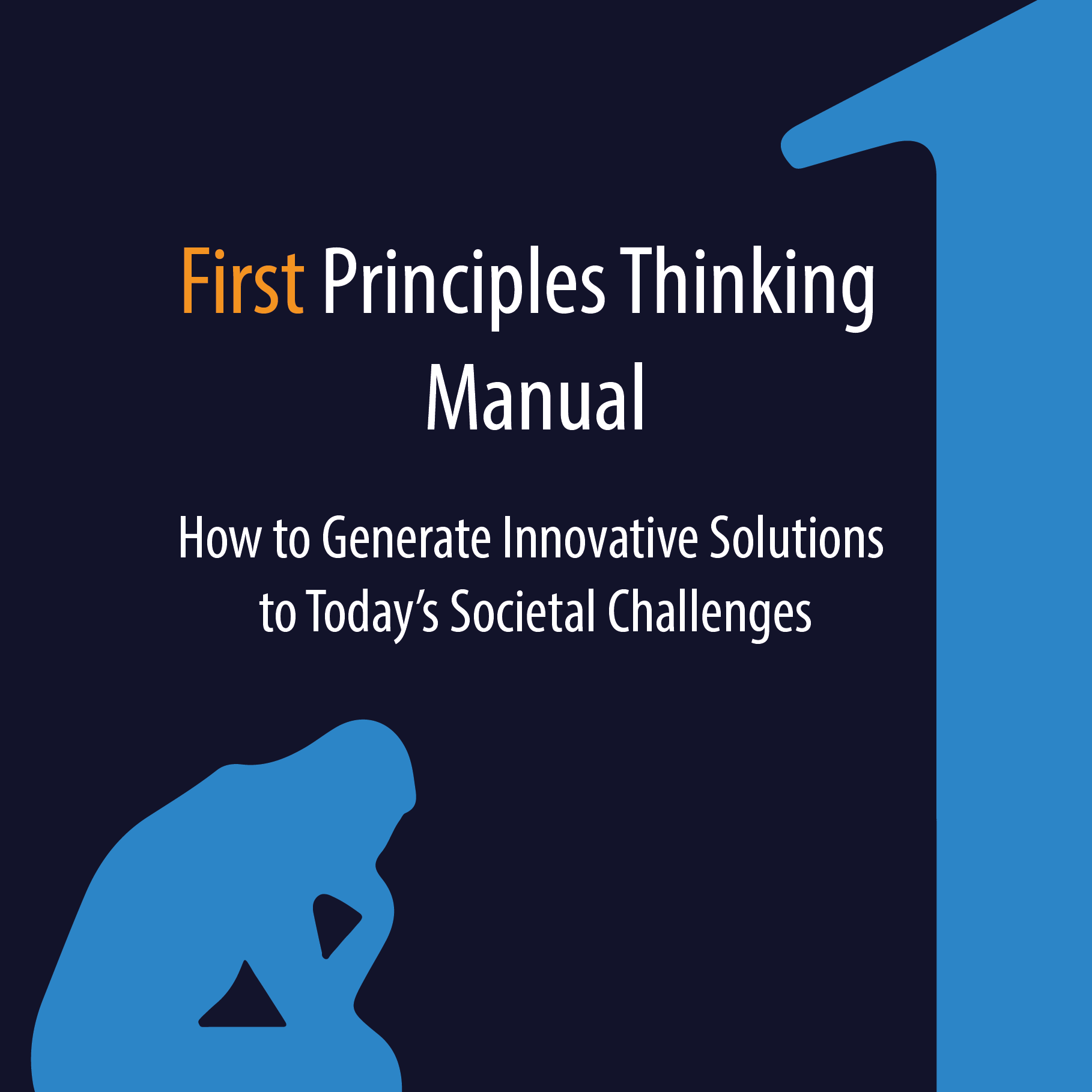

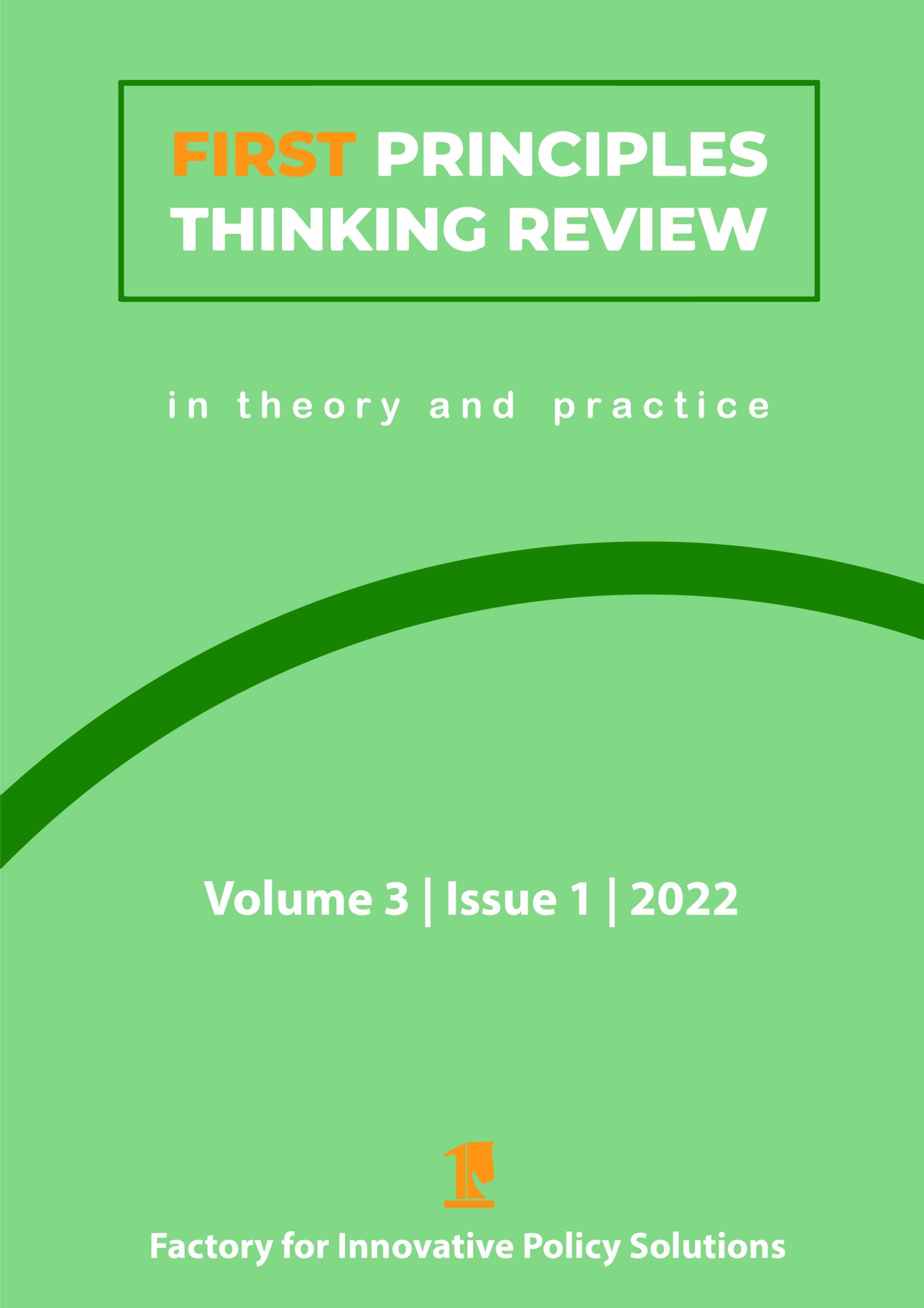


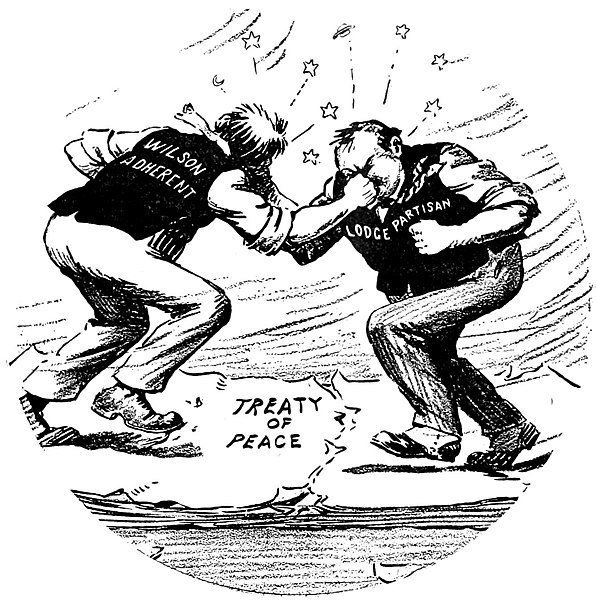



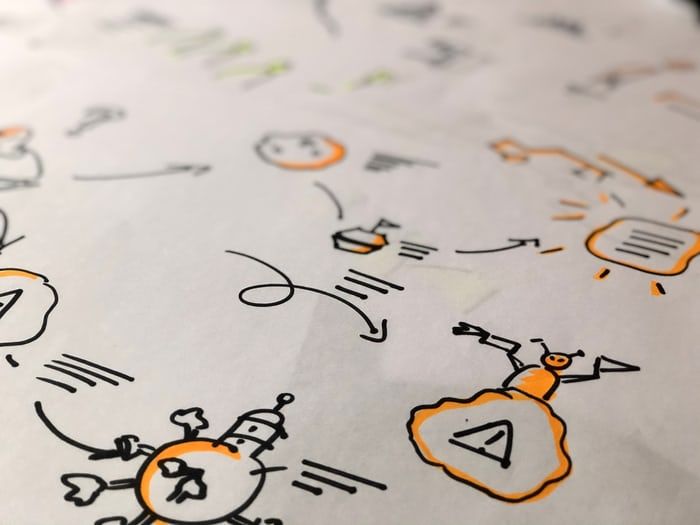
@newslettermailinglist
Thanks for subscribing!
Something went wrong and we couldn't process your submission. Please try again or notify us at info@innovativepolicysolutions.org.

